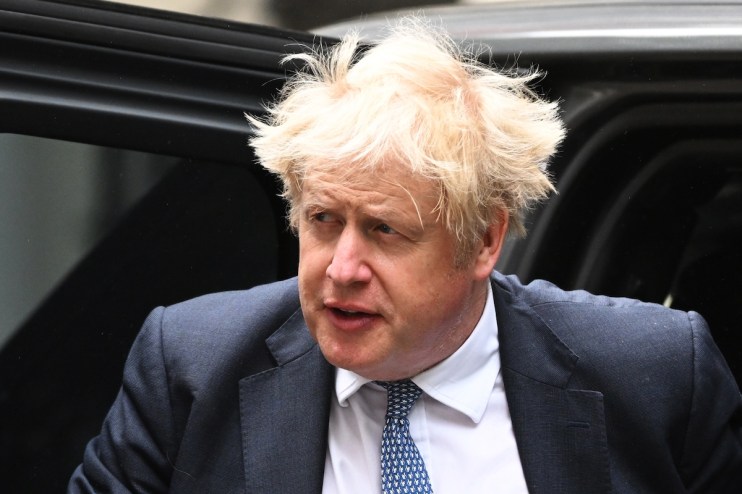Boris Johnson sends ‘all unredacted WhatsApps’ to Covid inquiry – going around the cabinet office

Boris Johnson said he has sent “all unredacted WhatsApps” directly to the Covid-19 inquiry ahead of a legal clash between the probe and the Cabinet Office over access to the messages.
The former prime minister told the inquiry’s chairwoman Baroness Hallett he would “like to do the same” with messages that are on an old mobile phone he stopped using due to security concerns.
The messages on the locked device refer to discussions from before May 2021 and are likely to relate to conversations about the three coronavirus lockdowns ordered in 2020.
It comes as ministers prepare for a high-profile legal battle with inquiry as the Government seeks to challenge the request for Mr Johnson’s unredacted WhatsApp messages and notebooks to be submitted.
Mr Johnson told Baroness Hallett in a letter sent on Friday: “I am sending your inquiry all unredacted WhatsApps I provided to the Cabinet Office.
“I would like to do the same with any material that may be on an old phone which I have previously been told I can no longer access safely.
“In view of the urgency of your request I believe we need to test this advice, which came from the security services.
“I have asked the Cabinet Office for assistance in turning it on securely so that I can search it for all relevant material.
“I propose to pass all such material directly to you.”
He also told the former senior judge he would ask for his unredacted notebooks back from the Cabinet Office and share them with the panel if the Government refuses to do so.
While serving as Britain’s leader in 2021, Mr Johnson was forced to change his mobile after it emerged his number had been publicly available online for 15 years.
A spokesman for the former Conservative Party leader said that, should the messages from the mobile phone be securely accessed once again, Mr Johnson was willing to forward them in unredacted form to the inquiry.
The potential risks of switching on the device are “minimal”, according to a cyber security expert.
Professor Alan Woodward from the University of Surrey told BBC Radio 4’s World At One programme that the Cabinet Office has the facilities to “do it securely”, adding: “It really wouldn’t take much to turn the phone on and get those messages off quite safely”.
Lady Hallett is currently in a legal row with ministers over the submission of Mr Johnson’s correspondence.
The Cabinet Office missed a deadline on Thursday to hand over his messages and notebooks wholesale, without any omissions.
In response, the department said it was bringing a judicial review challenge “with regret”.
It has promised to “continue to co-operate fully with the inquiry before, during and after the jurisdictional issue in question is determined by the courts”.
That question will centre on whether Lady Hallett’s probe has the power to force ministers to release documents and messages which the Cabinet Office believes are “unambiguously irrelevant” and cover matters “unconnected to the Government’s handling of Covid”.
A former No 10 chief of staff said the Government was making a “bad mistake” by failing to comply with the inquiry’s request.
Lord Barwell, who served in Theresa May’s administration, told BBC Radio 4’s Today programme: “Some of the (WhatsApp) messages might be a bit embarrassing but, nonetheless, I think they’re making a bad mistake.
“It’s important that we get to the truth. And if we can’t see how the Government made the decisions it made, how it got to the point that it did, then people are not going to have confidence in the outcome of the inquiry.”
It comes after science minister George Freeman, during an appearance on the BBC’s Question Time programme, predicted that the legal challenge was likely to fail.
The Liberal Democrats have announced that they will table a humble address motion – a piece of parliamentary procedure used by opposition parties to force the Government’s hand – in the Commons next week calling for “all material” requested by the national virus probe to be released.
The inquiry said it would not be commenting on Mr Johnson’s letter or the judicial review until its preliminary hearing on Tuesday.
Press Association – Patrick Daly and Sophie Wingate
